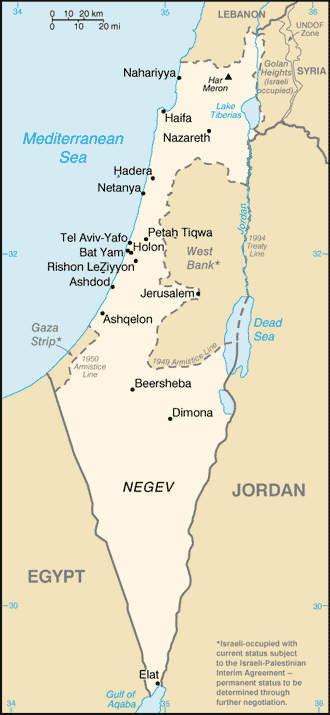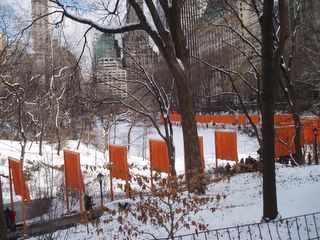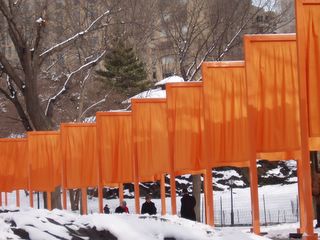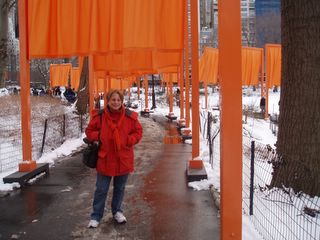
When I first read this essay about a sentimental journey inspired by a son's imminent departure to college, the bittersweet memories and reflections of a parent at one of life's most troubling and exciting crossroads, it resounded in me so strongly that I "borrowed" it and read it to my daughter at her High School Graduation Party in 1998. I recently came across a post, where the blogger was bemoaning the transition from home to college for her child (daughter or son, not sure...only initials). So, I thought I'd post the essay here for Maritza and any other parent saying good-bye to their college bound child. Read it and weep. I certainly did!
 ractical purposes, you are gone for good.
ractical purposes, you are gone for good.Though you'll always remain in my heart and remain a member of our family, nothing will be the same. You are now your own person, making your own decisions, disciplining or not disciplining yourself.
It's stunning to realize that the clichés are true. All those platitudes I heard last week, when you were born, are now indisputable. "Hang on to every moment, every day" I was told when I showed you off - our new arrival. "before you know it, he'll be gone."
I nodded and smiled and pretended to agree, to know, to understand something beyond my wisdom. What did I know? I was barely more than a child myself, and the first couple of decades of my own life had seemed to plod along.
Somehow, if everyone could be believed, the next two decades would take no more time than a turn of the head. Now I tell new parents the same. I know. I mean it. I plead with them to heed. And they nod and smile and pretend to agree. Perhaps to them last night's diaper change made the wee hours seem eternal. New Parents wonder if those tedious times ever end. Tomorrow they'll wonder where they went.
You're at an age where you don't want to be told what you understand and what you don't. Much as you don't want to hear it and perhaps don't even want to think about it, the fact is you can't understand me just now.
You will. Your own children will educate you beyond any classroom or degree. You'll cradle that child in your arms and anything else you ever cared about will pale to worthlessness. Your life, your being, will focus on that child.
Though you'll be reminded by experts that it's not healthy to center your existence on your children, you will do it anyway, helplessly. You'll be awash in a kind of love not often articulately expressed, because there are so few words for it.
And there are so many distractions to the communication of that love. As you think back to your years with us at home, you may think of difficult times, of frustrations, of quarreling, misunderstanding, lack of connecting. My years - here I go again - allow me to see those as only part of the whole, bits of a beautiful mosaic, the underside of an embroidered fabric.

I love you with all that is within me, with a love beyond words. It may take weeks, even months, to adjust to your absence. But even when I have overcome that and adapted to a freedom that long sounded attractive, some things will never change. And you need to know that.
As you grew you heard me say silly things like, "Where was I when you were getting so tall? Since when did you become so good looking? How could you be a teenager already? Weren't you just in first grade?"
You can shake your head and wonder how adults can be so nerdy. I once felt the same. Yet now, in earnest passion, I try to convince you that life is indeed short.
Watching you as a high school freshman, I wondered what your mature body would be like when you became a senior. Suddenly, the sophomore and junior years blipped past my radar screen and I didn't have to wonder. There you were , mature and defined, on the move. I tried to let go, as I longed to hang on, so forgive me if the parting has come too quickly.
A songwriter friend of mine says in a beautiful lyric that the moment we try to hold something in our hands, it slips through our fingers like sand. I heard that message and was moved by it, and I even tried to heed it. But I didn't know how true it was until now. My hands are open and reaching, and the sand is gone. The moment is past. You're leaving.
While I'm a finite, imperfect person, my goals are lofty. I want you to know and believe that I love you more than anything on Earth. No matter what you do or don't do, say or don't say, start or don't start, finish or don't finish, accomplish or don't accomplish, you will still be my child. I will still love you. You may be gone from our home, but you will never be gone from my heart.
During the last year or so, after I first realized that your childhood had inexplicably sped past, I tried not to be obvious, but maybe you noticed. In spite of myself, I tried to slow the calendar, to stop the clock. I was trying, of course, to hang on to you.
The very thing I committed myself to years ago - rearing, raising, training you for independence - I now feared. I scrambled, shored up, built walls. Every sign that indicated you had learned and matured and were ready to face the world only reminded me how young you seemed.
But I couldn't run from the truth. You were leaving and the day was coming soon. I was almost so desperate to hang on that I couldn't exult in your growth and progress.
That maddening independence that I-can-do-it-myself attitude that reminded me of your toddlerhood, that look that asked, "Why do you have to know everything?" should have cemented in my aching heart the truth: You have become your own person.
It's what I had wanted. I just hadn't wanted it this quickly. And there are days when I don't want it at all. Yet, I know this is for the best. It's time. And from my perspective, there will never be a good time. But I am committed to keeping my selfishness at bay.
I will, I must, stop pretending that the longer I hang on to you, the more I protect you from the real world. If I don't jump in, you'll never find yourself. And so I nudge you from the nest.
Seeing you go reminds me of the first time I let loose of you in the water. Only this time I am not going to be at arm's length, ready to grab as you panic. I will not stand by with reassuring words that say, "I'm just seeing if you can float alone." This is the real thing.. I will let go and you will flail and I will back away.
The other metaphor that comes to mind is your first time on two wheels. I ran alongside, reaching, adjusting, holding your seat, helping you gain momentum and speed. Soon you were on your wobbly way, unable to turn, riding through puddles, over curbs, slowing to painful, tumbling stops before leaping up to try again.

Now I will give your two-wheeler a last shove and watch. No more running alongside. You've had enough of that. Some things you must learn on your own. Another cliché has sprung to life: Experience is the best teacher.
Ready or not, here you come.
I know we won't become strangers. As I fight the feeling that one more embrace will be our last ever - and thus I would never let go - I wish you God's speed. I wish you the knowledge that you go with the deepest love a parent can have for a child.
You will nave no greater cheerleader in the game of life.



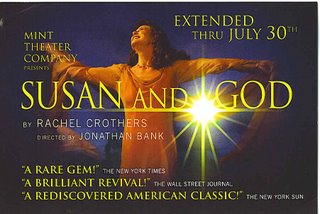

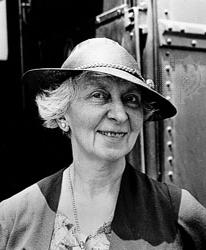

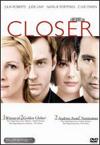
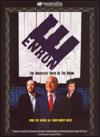
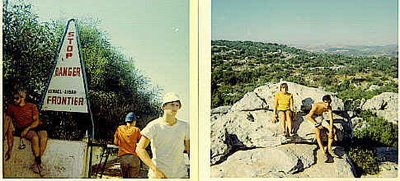
 So, on maritza's blog the first celebrity was some good looking, sexy actress and I'm waiting for mine and here's the fist celebrity heritage.com comes up with for my best look-a-like celebrity.......
So, on maritza's blog the first celebrity was some good looking, sexy actress and I'm waiting for mine and here's the fist celebrity heritage.com comes up with for my best look-a-like celebrity.......










